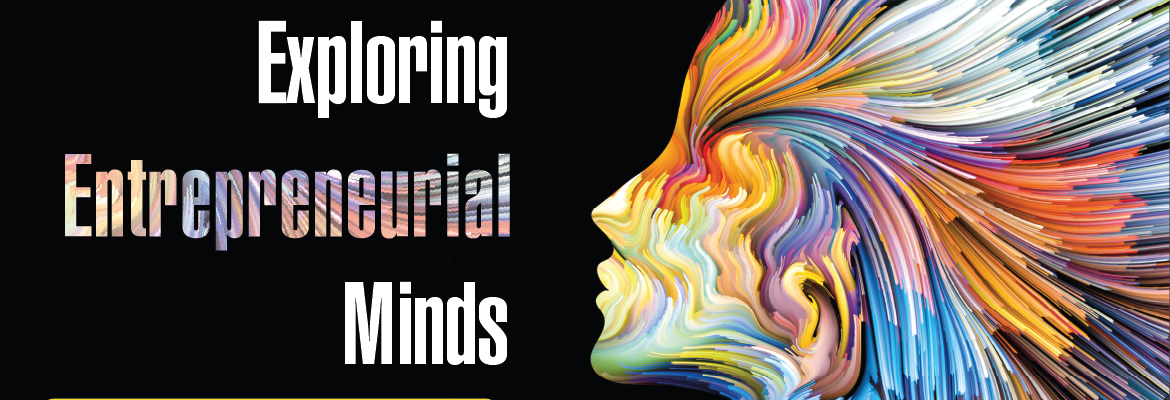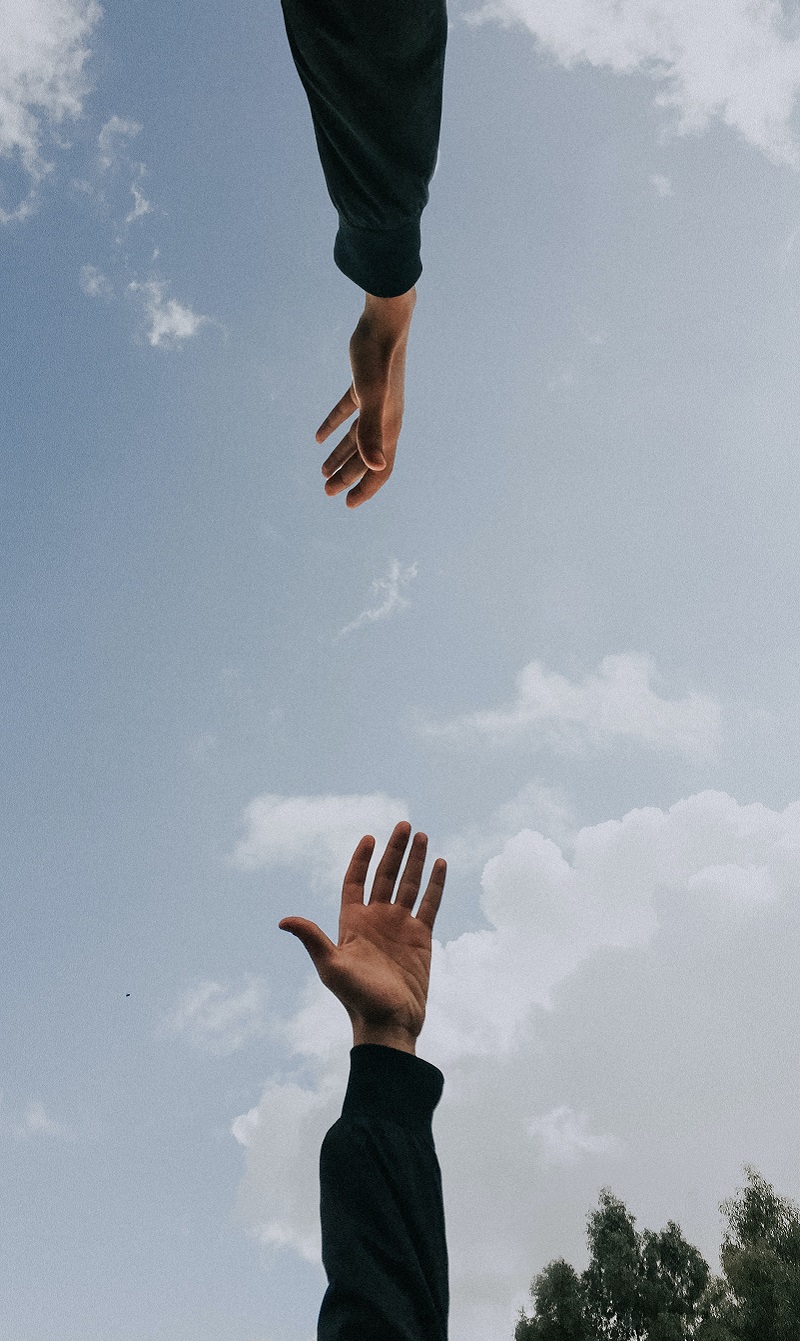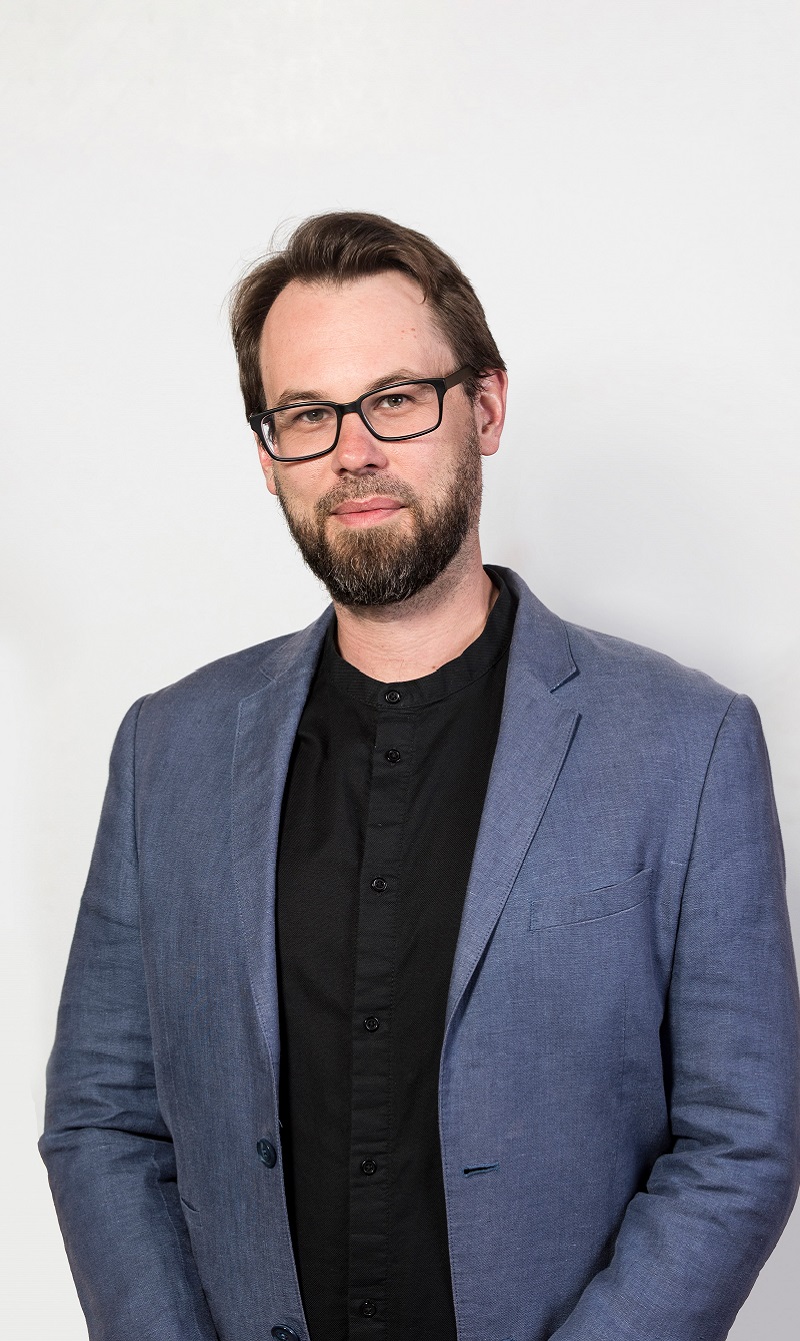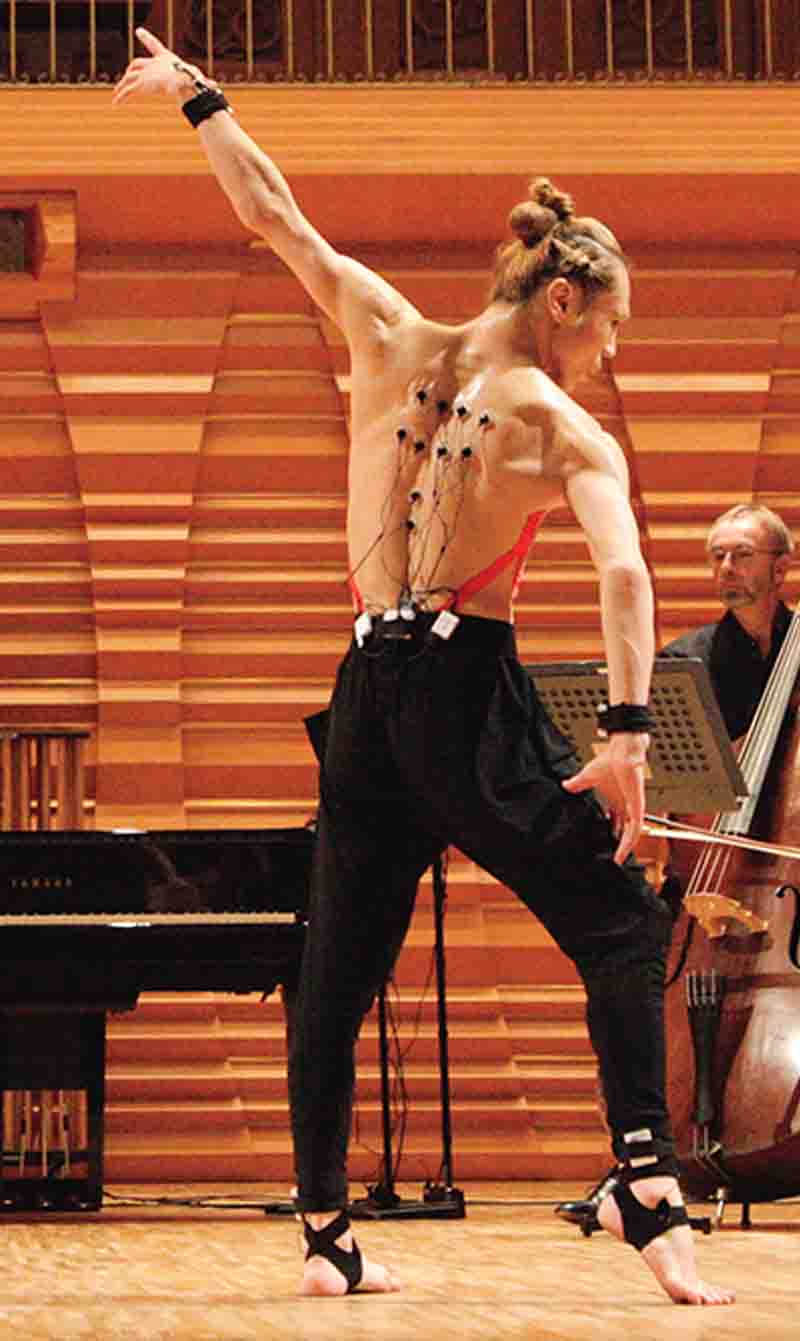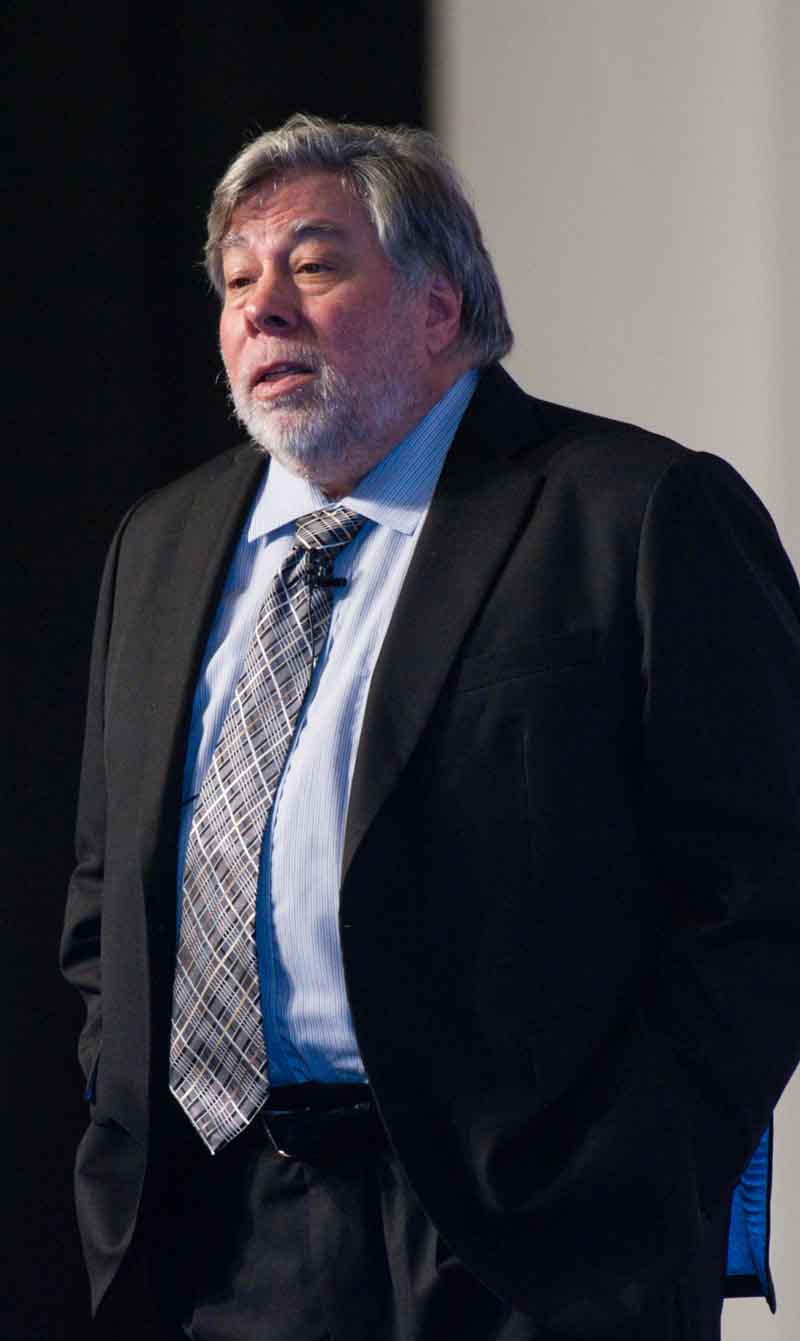Exploring entrepreneurial minds
WIEF speaks to four entrepreneurs about their businesses.
ANJA JULIAH, Founder of Blubear Enterprise
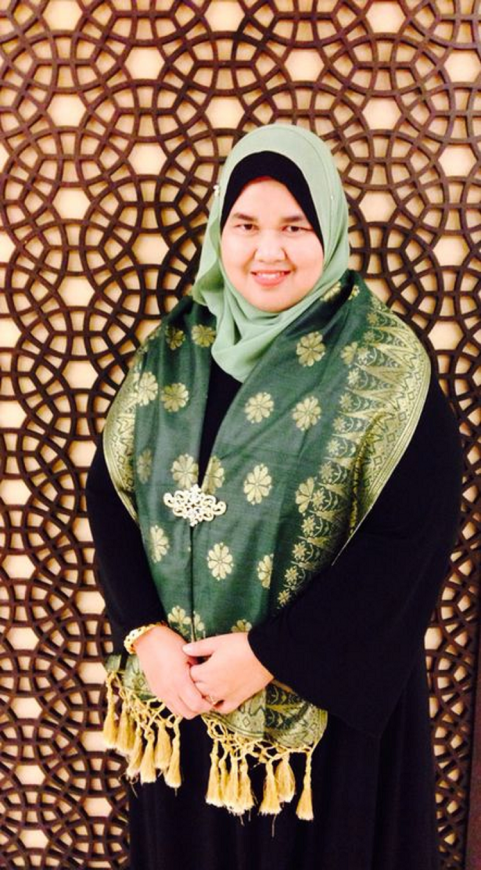
Blubear makes reusable sanitary pads as a healthier alternative to disposable pads. We started our social enterprise in May 2015 when we learned that underprivileged girls in rural Malaysia (particularly in Borneo) missed up to 5 school days a month due to menstruation. These girls live in extreme poverty and can’t afford to buy disposable pads. Missing up to 20 per cent of their education increases the girls’ likelihood of dropping out, getting into early marriages and pregnancies as well as limiting their career options.
The solution was simple: provide schoolgirls with washable menstrual pads that will last for years. Providing reusable products means the burden of purchasing products each month is removed and the environmental devastation that hundreds of thousands of disposable pads would have on the landscape is alleviated. We believe that no girl should have to miss out on opportunities that will affect her future, simply because she has her period.
Since its launch, Blubear has provided 750 girls with cloth pads under a programme we call “Girl Empowerment”
TOBY RUCKERT, CEO of Unified Inbox
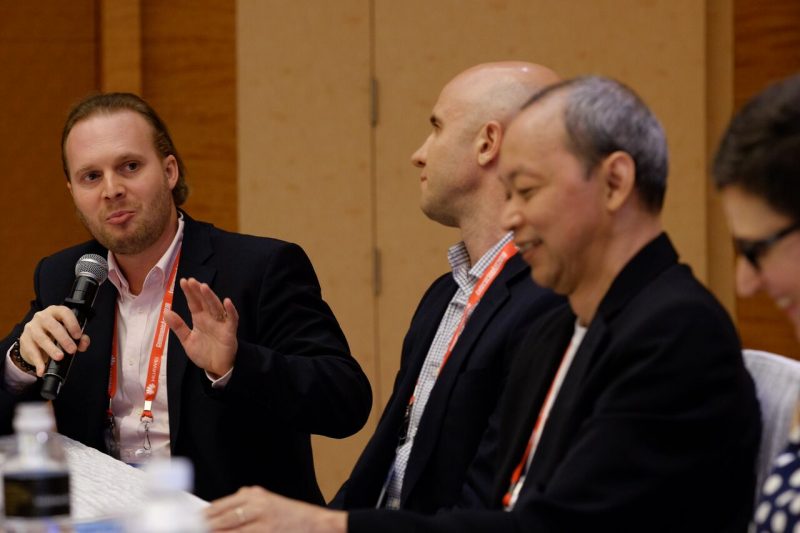
Headquartered in Singapore (but global from day one), my business makes it easier for people to communicate. Six years ago, I began Unified Inbox as a solution for my own and my companies’ information overload. Since then, we created and patented a unified communications technology platform—called UnificationEngine™ — which enables IoT (Internet of Things) Messaging. IoT Messaging is transformative, as it allows products and software to talk to people (and things) on the communications channels they use most.
MEHDI NASSIH, Voyagoing
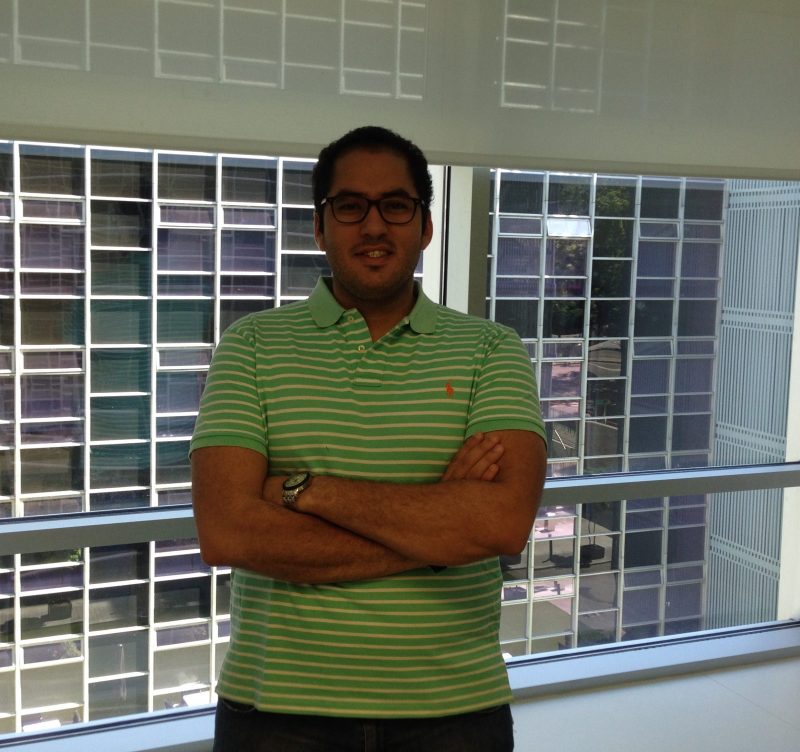
I always loved travelling, meeting new people and learning about their cultures and habits, but I realised that travelling was not always fun, especially when you travel alone and you have to pay the full price for all your expenses. So I thought about creating a platform that will connect travellers who share the same passion and have a common interest. This platform is called Voyagoing. Voyagoing connects travellers with a specific interest and builds for them a plan to travel to different regions around the world and live their passions. It enables people, from different regions, cultures, and religions, with similar interests, to travel more, pay less and get authentic experiences. Through my startup I wanted to democratise travelling, to enable more people to turn their trips into experiences, their journeys into stories and their encounters into long-lasting friendships.
ALI DJEDID, Zeynara
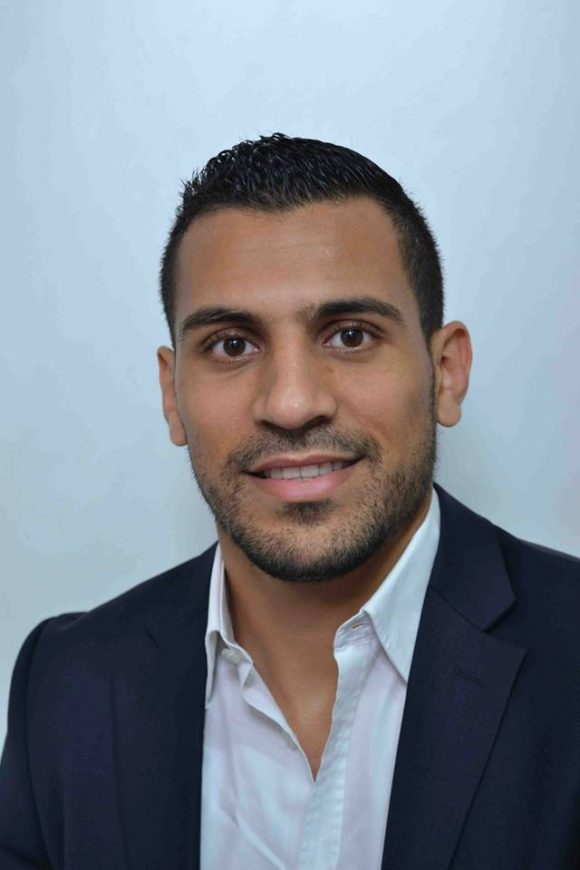
Zeynara marketplace is an e-commerce platform that has been set up in Paris to support the Modest Fashion industry. The industry continues to grow and industry players continue to be more and more active. Nevertheless, this industry is fragmented and we needed to bring it together. Zeynara was set up early this year, 2016, in France.
Modest fashion is a skyrocketing market. A lot of mainstream brands such as Uniqlo or H&M have understood the value of this market, as did we. This perspective is reinforced by market figures. Thus, we do believe that this was an opportunity for someone from the inside—outside players should not be able to monopolise this market. With this marketplace we are able to fill the gap of platforms offering Modest Fashion in Europe, and give women a smooth shopping experience on a dedicated platform.
Q: What is the most important lesson you have learnt so far?
ANJA JULIAH: To sell a product or service, don’t just sell the features and benefits but sell the value that the customer will get. Understand their needs, not what you think they want.
TOBY RUCKERT: I’ve learnt a few interesting lessons, all of equal importance:
- For managers, IQ is important and for leaders, EQ (Emotional Quotient) is essential but for founders, AQ (Adversity Quotient) is key. AQ is the capacity of a person to deal with the adversities in his/her life. Building human resilience isn’t an exact science but history has shown repeatedly that successful entrepreneurs have an exceptionally high AQ. It’s what truly makes or breaks the startup or the entrepreneur.
- As you can only make sense of the past in the present, and therefore make sense of the present in the future, it helps to think of accidents as incidents.
- The most important thing in your business are the people—the team who run and build it, the people who fund it, the customers who buy its products and services. But above all, it’s the team.
MEHDI NASSIH: When working in a team, you can achieve pretty much everything, as long as you do not care about who takes the credit! I learned this by working in different teams in my academic, personal and professional projects. Working in teams is essential and this can only be effective when the vision and mission of the team is clearly defined for all its members. The more I work on projects, the more I realise the importance of working with people you trust and appreciate—but also people who can challenge you and make you a better person. Entrepreneurship is a lonely journey and you definitely need to be accompanied by a great team, supportive mentors and caring friends and family members. I also believe that whatever the mind can conceive and believe, it can achieve, so no matter what the idea is, if you form a team and get your hands dirty, you will for sure end up somewhere.
ALI DJEDID: Entrepreneurship is all about resilience, collaboration and willingness to stay on course, fuelled by emotional, physical stamina and positive energy.
Starting a new venture requires a great deal of effort. There is no replacement for hard work and you have to ask yourself the hard questions.
Q: What is the most important thing you are working on now and how are you making that happen?
AJ: I’m working on empowering girls through sanitary pads. We are selling not only the product but a programme for girls too. We partnered with an NGO that also helps to distribute the sanitary pads to our target beneficiaries (girls aged 11 to 17). During the distribution events, we foster social inclusion and individual self-respect. By offering an alternative to the stigma and marginalisation associated with hygiene issues, it empowers all students and especially encourages girls and female teachers. We also study our future customer’s background, the value that they offer and how it matches the value we offer to our customer.
TR: Every industry, worldwide, is being disrupted by the IoT, and can therefore use IoT Messaging to improve the quality of lives. The most important thing I am working on now is called SHOUT. SHOUT is Unified Inbox’s emergency broadcast solution for mission-critical communications. In the event of either a natural (e.g., earthquake, tsunami, monsoon, etc) or man-made disaster (e.g., oil spill, radiation leak, terrorist attack, etc), SHOUT enables governments, schools, and companies to instantly communicate to the people on multiple communications channels simultaneously. For example, in the event of an impending monsoon, governments could communicate to their citizens and visitors through email, SMS, social media, messaging/chat apps, website and TV news tickers, outdoor projectors and video screens to share real-time updates and information. SHOUT helps save lives, so I consider this the most important thing I’m working on right now with a great team from around the world.
MN: Last year, I joined the IE Business School in Madrid to study Business Analytics and Big Data, and I have had the opportunity to join the IE Venture Lab (top Accelerator in Europe) to work on developing my idea and making it investment-ready. I am accelerating a different project in the Venture Lab, which uses more Analytics and Big Data, and I am learning to make my ideas scalable and investment-ready. I aspire to work full-time on my startup upon the completion of my degree this summer and to officially launch it at the end of 2016.
AD: With our marketplace we are redefining modest fashion distribution. We aim to bring modest fashion into the digital world. Most importantly this e-commerce platform aims to connect different cultures and gather brands and designers from different countries. So far, we have brands from seven countries (France, UK, Netherlands, Germany, UAE, Malaysia and Singapore). Consumers are able to discover different styles and colour—they like that diversity.
Q: When you face a challenge, what inspires me you to push on?
AJ: It is really hard for me to just give up. Even if it takes time, I somehow make it and get what I want whether in business or in my personal life.
TR: My principles, my friends and my family. But when I face a particularly thorny challenge, what keeps me going is having a strong sense of purpose.
MN: I always try to set some milestones in my project so that I can pause and reflect on what I have done so far and what I still have to do next. This way, even in a challenging period, I can still move one step at a time and keep getting closer to my goal. I am pushed forward by these “quick wins”.
AD: Optimism! I strongly believe that every challenge or adversity contains the seeds of opportunity and growth.
Q: What is success to you?
AJ: Success isn’t about what you gain in life or accomplish for yourself, it’s about the difference you make in people’s lives.
TR: For me, success is fulfilling your dreams and duties in such a way that your achievements don’t stand in the way of your own personal fulfilment. You can achieve everything but still be unhappy, unfulfilled or constantly worried about something. Success to me means that I’m happy, fulfilled and (mostly) worry-free, ideally without hurting anybody and not losing my way.
MN: Success is getting home at night and realising that your actions have positively impacted someone’s life—even if it’s your own life.
AD: …doing what you enjoy and taking what you do seriously. The price of success is hard work and dedication.
Q: What keeps you up at night?
AJ: It’s the reality check. You must always face the brutal facts and identify the risks. Have your ‘don’t screw it up’ plan
TR: I am not a night owl, so I am fortunate to be a good sleeper. If I don’t fall asleep quickly, like everyone else, it’s either my mind catching up with a busy day or planning ahead for the next one. A good night’s sleep always helps me to recharge my creativity and entrepreneurial vigour. If I have trouble falling asleep it is a good indicator for me that “something is up”, which is a good prompt for some self-analysis.
MN: The conquest of new challenges and opportunities! I am always looking for opportunities to grow and to learn from the others. This curiosity keeps me up at night, as it’s the best time to reflect on my past and to plan my future.
AD: Nothing. I do believe that taking time off and having a good night’s sleep is key to productivity and mental health. With a fresh mind you can think out of the box and explore new things.
Q: What are the three things that you do in the morning that help you get through the day?
AJ: Say my gratitude, check my vision board, play my favourite songs
TR: I do some exercise (I like swimming), meditation and self analysis, and planning out the top three items for my day.
MN: I pray and meditate, have a good breakfast and review my plans and goals for the day. I usually plan my day and week in advance, so I have a clear vision on what I will be doing. I take some time to readjust my planning considering any changes that might affect my activities, events and meetings. I try to always fit in a moment for sports or relaxation at the end of the day to replenish my energy.
AD: I wake up early in the morning at 6:30 AM, I read the newspaper for 30 minutes, I get a good morning breakfast.
Q: What do you do to de-stress?
AJ: …say my prayers.
TR: cook, walk/spend time in nature, meditate, play the piano, help a friend
MN: …go to the gym or to the swimming pool. I have been swimming regularly for more than 10 years and have participated and won several national and international competitions. I always feel good when I am swimming. I find it a great way to de-stress…and to work on my cardio!
AD: …run four times a week, achieving more than 25km per week.
___________________
